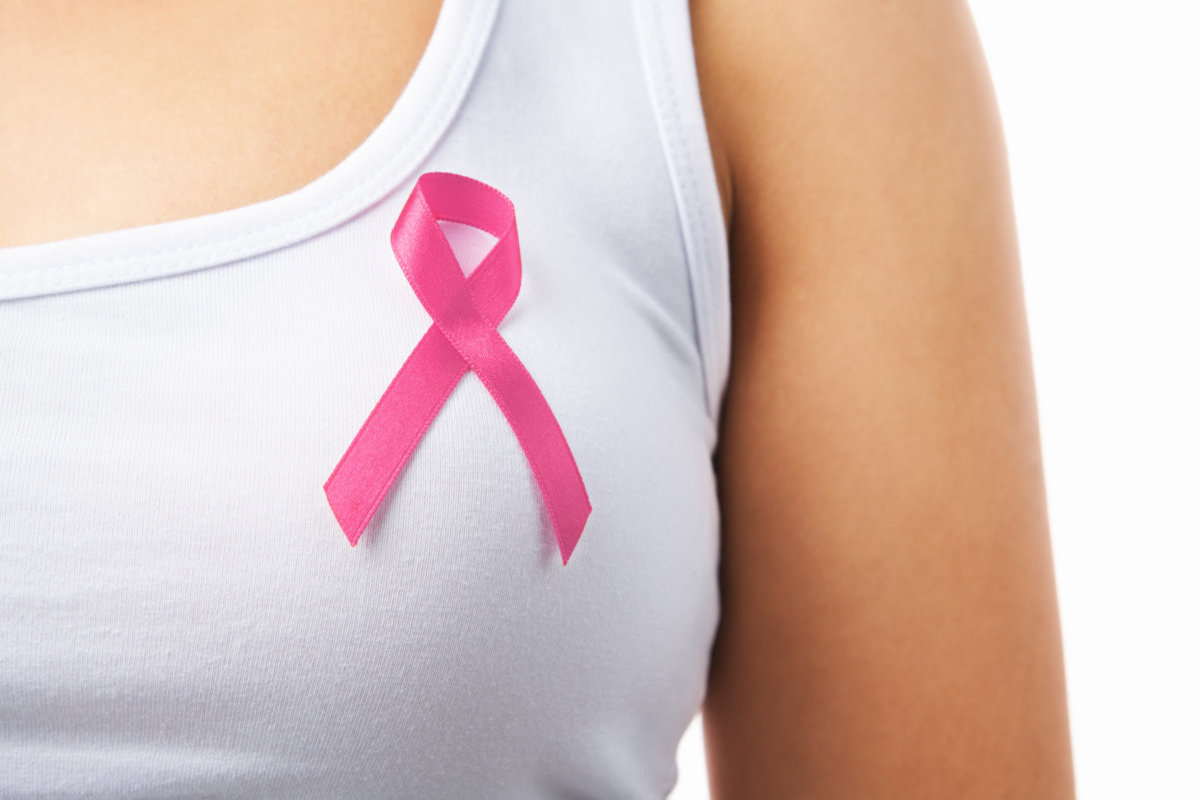October is Breast Cancer Awareness Month and while we actively encourage people to be more aware of the disease and check their breasts on a regular basis, we thought we’d reflect on the information out there around lack of sleep and breast cancer.
It follows on from a study this year that suggest that larks (those who go to bed earlier and get up earlier) have a lower risk of developing breast cancer than owls (those who prefer to go to bed later and wake later).
While there is definitely a growing body of evidence between the genetics of when we’d prefer to sleep and breast cancer risk, more research is required. The study also found “suggestive evidence” that sleeping more than 7–8 hours per night could have an “adverse effect” on breast cancer risk.
There is also sign of a link between insufficient sleep and the risk of cancer. In 2007 the WHO classified shift work, that involves disruption to our natural body clocks or circadian rhythms, as being probably carcinogenic to humans. There are lots of biological reasons this may be the case: a bad night’s sleep can affect our immune system; changes in exposure to light and lost sleep can also be partly responsible.
Research also shows that women who work nights have higher incidences of breast cancer. A large study of women who worked night shifts over a three-year period found a 60% greater risk for developing breast cancer. Nurses who worked nights were found to have the biggest risk of developing breast cancer – 58% higher than those who only worked days.
According to a 2012 study regularly getting too little sleep could increase the risk of aggressive breast cancer. Getting six or fewer hours each night seemed to increase the risk of cancer recurring among post-menopausal breast cancer patients.
I think it’s important to understand this is early research and there’s more work to be done around the subject before being able to suggest modifying or making recommendations on women’s sleeping patterns.
What we do know is that all women – larks and owls – can reduce their risk of breast cancer by following good sleep hygiene guidelines such as exercising regularly, maintaining a healthy weight, reducing their alcohol intake etc.

